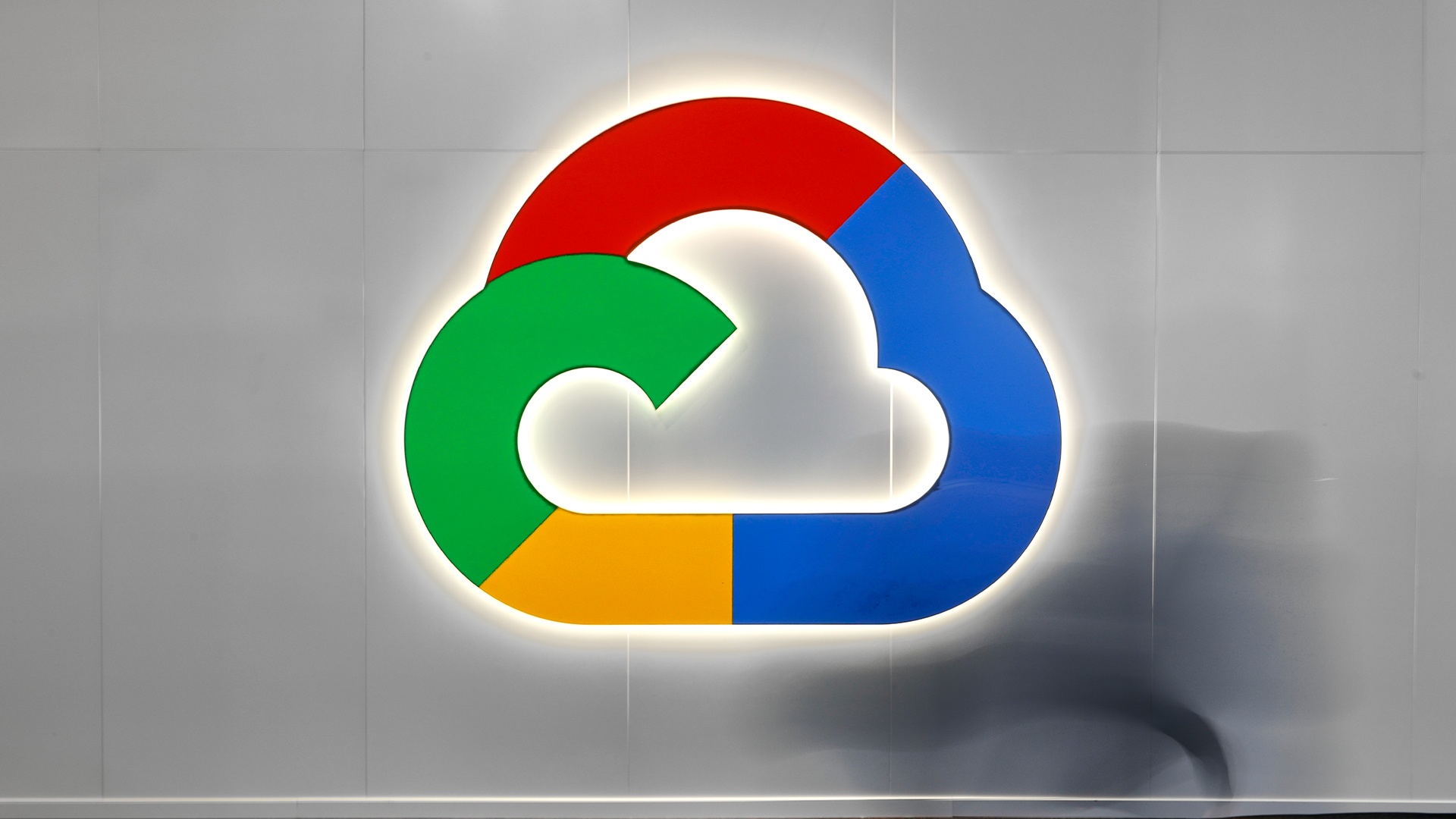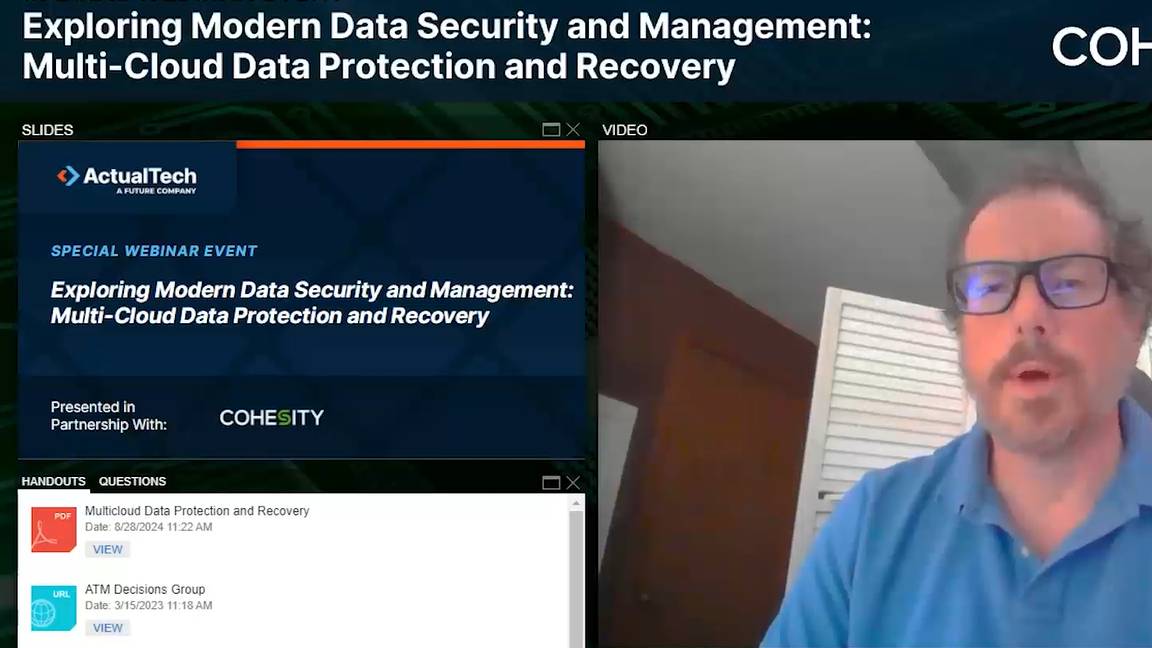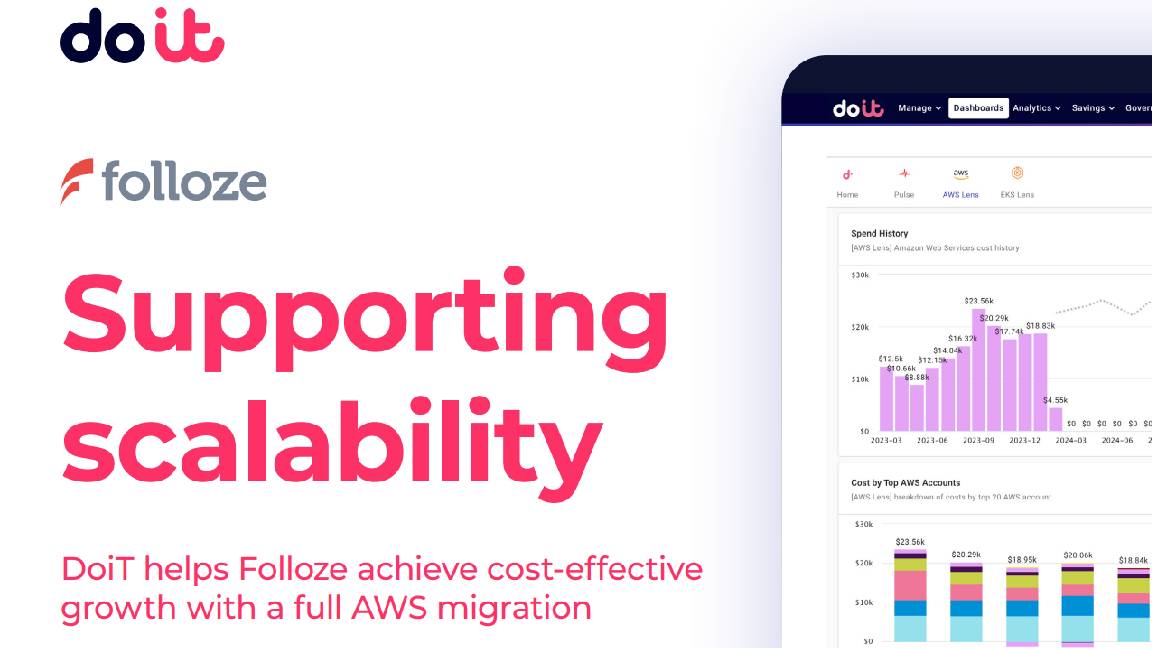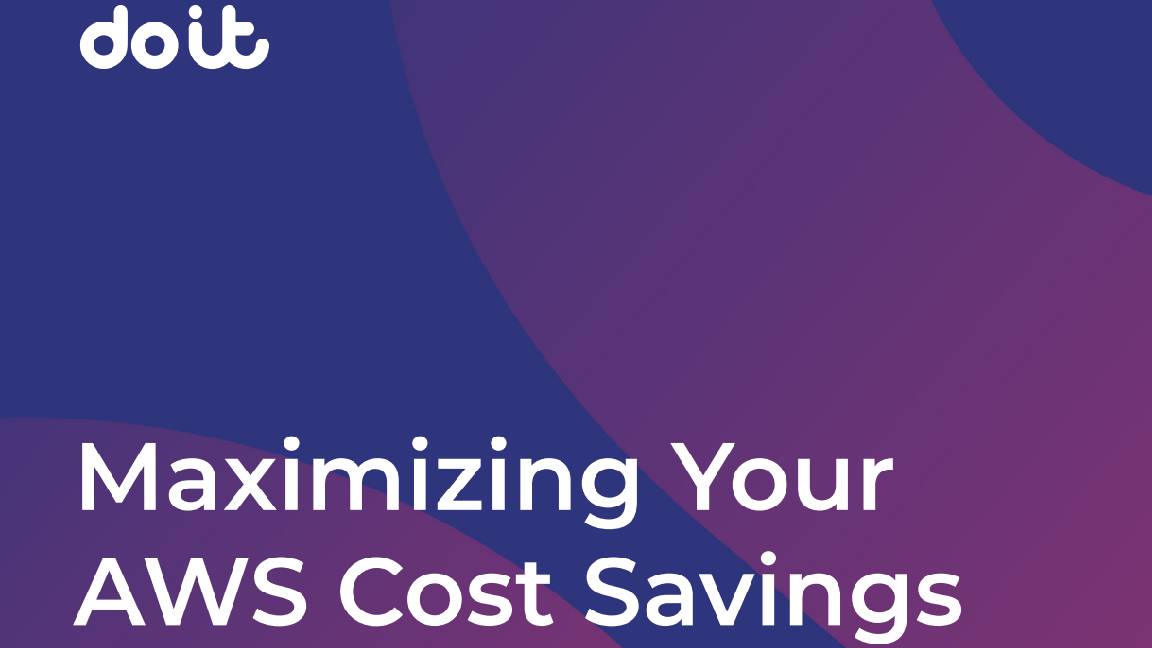SaaS security is now a major blind spot for enterprises
Rising SaaS security threats are being overlooked, new research shows


Sign up today and you will receive a free copy of our Future Focus 2025 report - the leading guidance on AI, cybersecurity and other IT challenges as per 700+ senior executives
You are now subscribed
Your newsletter sign-up was successful
The vast majority of organizations are confident about their SaaS security posture, despite the fact that most have suffered a breach or security incident in the past year.
That’s according to a new study from AppOmni, which found SaaS is one of the most actively targeted layers of the enterprise attack surface.
The study, which includes a poll of more than 800 security leaders and decision makers, warned that this domain is one of the least defended areas of modern business.
30% off Keeper Security's Business Starter and Business plans
Keeper Security is trusted and valued by thousands of businesses and millions of employees. Why not join them and protect your most important assets while taking advantage of this special offer?
The growing risks faced by enterprises in this regard are mirrored by continued growth in the SaaS space, with businesses now using dozens - or even hundreds - of applications.
More than half of enterprises polled by the firm are using at least 50 SaaS solutions, for example, while more than a third have 100 or more.
Notably, three-quarters (75%) of organizations have fallen victim to a SaaS data breach or security incident in the last 12 months. Yet the study found 89% of those believed they had appropriate visibility of their SaaS environments.
Brendan O’Connor, CEO of AppOmni, said the study highlights a growing disconnect between the threats faced by enterprises and their ability to tackle the issue.
Sign up today and you will receive a free copy of our Future Focus 2025 report - the leading guidance on AI, cybersecurity and other IT challenges as per 700+ senior executives
"The data shows a concerning ‘illusion of control,’ where the vast majority of security leaders feel confident in their SaaS security posture, even as a huge number of them are dealing with SaaS-related incidents,” O’Connor said.
“Today's SaaS risks are not theoretical — they’re real, and they’re impacting businesses now."
The big SaaS security talking points
Data security remains a big concern for enterprises, AppOmni found, with 57% of survey respondents citing data breaches and the potential loss of intellectual property as their main worry.
Meanwhile, just over a third (37%) expressed considerable apprehension about compromised customer data.
AI is also changing the dynamic for security teams, AppOmni warned, particularly with regard to governance. Nearly two-thirds (61%) of respondents said they expect AI to dominate SaaS security discussions in the coming year, for example.
Respondents added that there’s a growing appetite for more robust oversight of non-human identities and generative AI tool access within SaaS applications.
Tooling gaps also remain wide, with just 13% of respondents currently using a dedicated SaaS Security Posture Management (SSPM) solution, despite nearly one-third saying they need one.
Security hygiene and risk management on the agenda
A key talking point in the AppOmni centered around a continued lack of basic security hygiene. Nearly half (41%) of incidents stemmed from permission issues, for example, while 29% resulted from misconfigurations.
AppOmni said this shows there’s still much work to be done in terms of improving broader security awareness and best practices.
Elsewhere, risk management practices also require improvement, the study noted. Just over half (52%) of organisations only use periodic reviews to assess SaaS-related security risks.
This, the company added, is leaving critical gaps where misconfigurations and threats can persist undetected. Only 43% of enterprises have implemented continuous or near-real-time oversight.
Too much trust in providers
Complacency and overconfidence on SaaS security were among the most concerning aspects of the survey, according to AppOmni.
Just over half (53%) said they are confident about their stance on this front, but many are basing this on trust in SaaS vendors rather than internal validation.
Only 16% of respondents assign SaaS security solely to security teams, while 43% leave it to various business units.
"The key lesson for enterprises is that visibility alone is not security, and trust in SaaS vendors is not a strategy," said O’Connor.
"We need a fundamental shift from ad hoc, reactive processes to a mature, disciplined approach built on continuous monitoring and clear ownership."
Make sure to follow ITPro on Google News to keep tabs on all our latest news, analysis, and reviews.
MORE FROM ITPRO
Emma Woollacott is a freelance journalist writing for publications including the BBC, Private Eye, Forbes, Raconteur and specialist technology titles.
-
 ITPro Best of Show NAB 2026 awards now open for entries
ITPro Best of Show NAB 2026 awards now open for entriesThe awards are a fantastic opportunity for companies to stand out at one of the industry's most attended shows
-
 Mistral CEO Arthur Mensch thinks 50% of SaaS solutions could be supplanted by AI
Mistral CEO Arthur Mensch thinks 50% of SaaS solutions could be supplanted by AINews Mensch’s comments come amidst rising concerns about the impact of AI on traditional software
-
 What Palo Alto Networks' $10bn deal with Google Cloud means for customers
What Palo Alto Networks' $10bn deal with Google Cloud means for customersNews The extension of an existing partnership between Palo Alto Networks and Google Cloud is designed to boost security amid rise in AI
-
 Cloud security teams are in turmoil as attack surfaces expand at an alarming rate
Cloud security teams are in turmoil as attack surfaces expand at an alarming rateNews Cloud security teams are scrambling to keep pace with expanding attack surfaces, new research from Palo Alto Networks shows, largely due to the rapid adoption of enterprise AI solutions.
-
 Trend Micro and Google Cloud double down on AI security with expanded partnership
Trend Micro and Google Cloud double down on AI security with expanded partnershipNews The agreement targets improved proactive security across cloud environments, alongside enhanced scam defense capabilities
-
 Cloud breaches are surging, but enterprises aren’t quick enough to react
Cloud breaches are surging, but enterprises aren’t quick enough to reactNews The rise in cloud breaches has been attributed to a series of factors
-
 Surging CNAPP investment is a big opportunity for the channel
Surging CNAPP investment is a big opportunity for the channelNews UK enterprises plan to increase spending on cloud-native application protection platform (CNAPP) capabilities across 2025 - and they're hoping the IT channel can help streamline adoption.
-
 Exploring modern data security and management: Multi-cloud data protection and recovery
Exploring modern data security and management: Multi-cloud data protection and recoveryExploring modern data security and management: Multi-cloud data protection and recovery
-
 Supporting scalability
Supporting scalabilityWhitepaper Supporting scalability
-
 Maximizing your AWS cost savings
Maximizing your AWS cost savingsWhitepaper Maximizing your AWS cost savings

